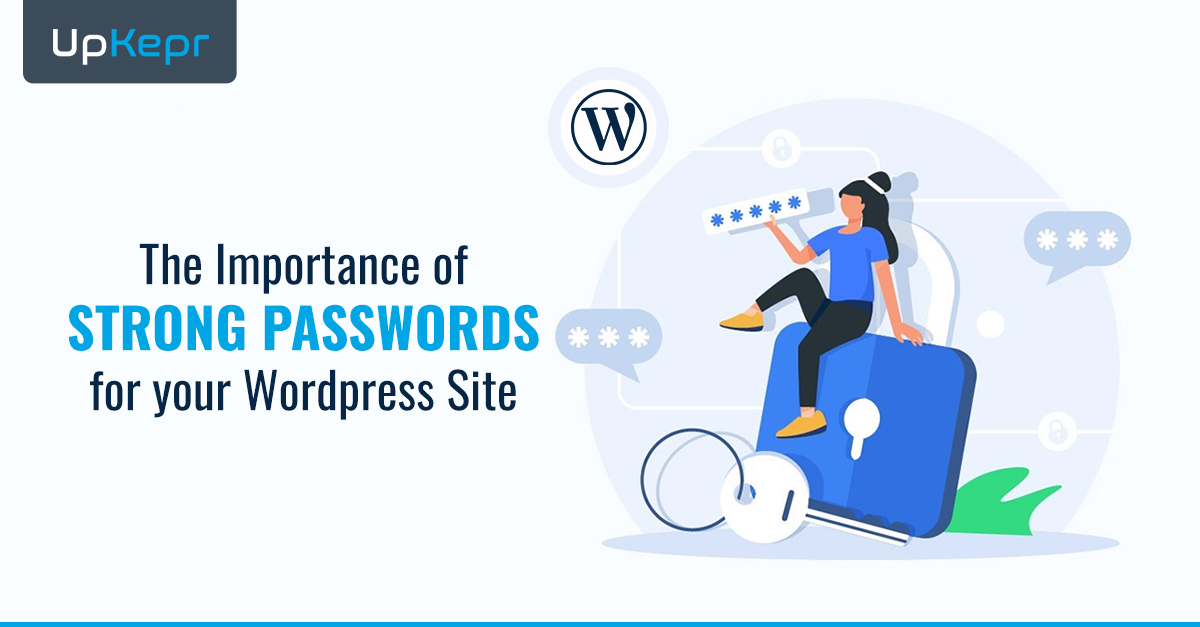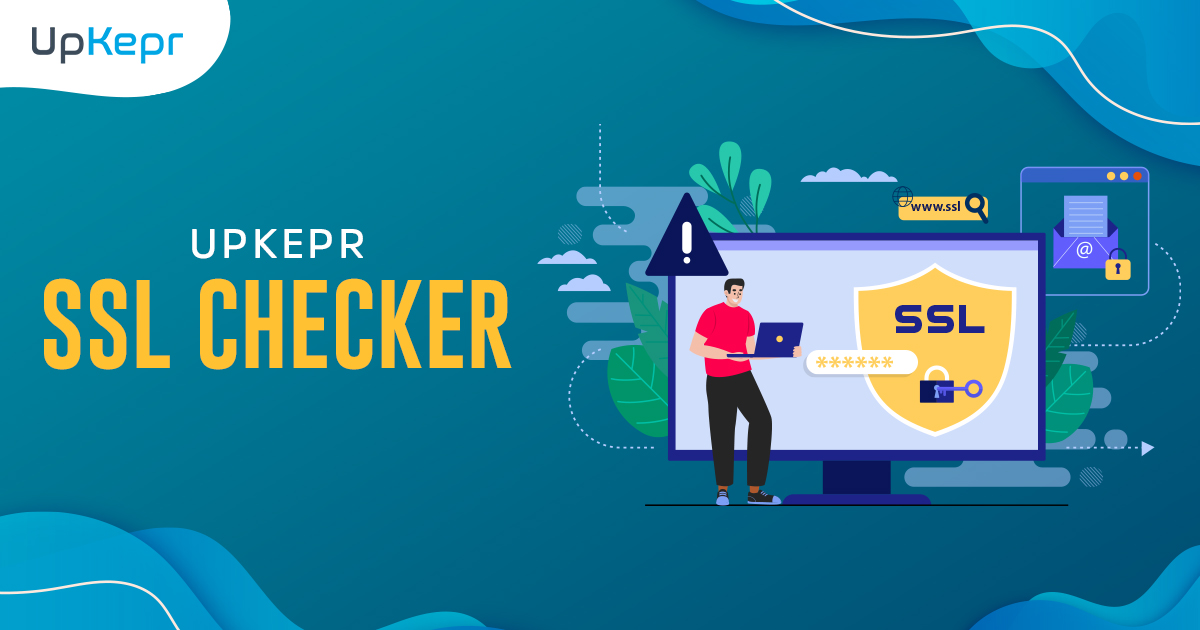Website speed plays a crucial role in user experience, search engine rankings, and overall business success. A slow-loading website can frustrate visitors, increase bounce rates, and negatively impact conversions. Identifying the factors that contribute to poor website performance is essential for maintaining a fast and secure online presence. In this guide, we will explore various tools that can help you analyze and improve your website speed.
Why Website Speed Matters
A slow website affects multiple aspects of your business and online reputation. Some key reasons why speed optimization is crucial include:
- User Experience: Faster websites provide a seamless browsing experience, reducing bounce rates and increasing engagement.
- SEO Rankings: Google considers page speed as a ranking factor, meaning slow websites may rank lower in search engine results.
- Conversion Rates: Studies show that even a one-second delay in loading time can lead to a significant drop in conversions.
? Want to analyze your website’s health?
Use UpKepr Website Analyzer & Checker to identify speed bottlenecks and optimize performance.
Common Causes of Slow Website Speed
Several factors contribute to poor website performance, including:
- Unoptimized Images: Large images take longer to load, slowing down the website.
- Excessive HTTP Requests: Too many requests for resources such as scripts and stylesheets can delay loading times.
- Poor Hosting Services: Choosing a low-quality hosting provider can significantly impact site speed.
How SSL Affects Website Speed and Security
SSL (Secure Sockets Layer) is crucial for encrypting data between users and websites, but incorrect implementation can impact performance. Ensure that your SSL certificate is correctly configured to balance security and speed.
✅ Want to check if your SSL is properly installed?
Use UpKepr SSL Checker Online to verify and optimize your SSL settings.
How Malware Can Slow Down Your Website
Malware infections can severely impact website performance by injecting harmful scripts, redirecting traffic, and increasing server load. Hackers exploit security loopholes to compromise websites, leading to slow response times and potential data breaches.
? Concerned about security threats?
Use UpKepr Malware Detection Tool to scan your website and eliminate harmful scripts.
Ways to Improve Website Speed
Improving website speed requires a combination of optimization techniques and regular monitoring. Some effective methods include:
- Enable Caching: Store frequently accessed data to reduce loading times for returning visitors.
- Optimize Code: Minify CSS, JavaScript, and HTML files to reduce unnecessary code.
- Use a Content Delivery Network (CDN): Distribute website content across multiple servers for faster access.
How Poor Website Health Creates Security Loopholes for Hackers
A slow or poorly maintained website is an easy target for cybercriminals. Outdated plugins, weak passwords, and security misconfigurations can expose your website to hacking attempts. Hackers exploit vulnerabilities to inject malware, steal sensitive data, and deface websites.
? Learn more about how website health impacts security.
Read More
The Importance of Strong Passwords in Website Security
Weak passwords are one of the most common reasons for website breaches. Using easily guessable passwords makes it easier for attackers to gain unauthorized access. A strong password should:
- Be at least 12-16 characters long.
- Include a mix of uppercase, lowercase, numbers, and special characters.
- Avoid common words, names, or easily guessable phrases.
? Want to enhance your security with strong passwords?
Use UpKepr Generate Strong Password Tool to create secure and unbreakable credentials.
Monitoring and Maintaining Website Performance
Regularly monitoring website performance helps identify potential issues before they escalate. Best practices include:
- Conducting Regular Speed Tests: Use website analysis tools to check load times and performance metrics.
- Updating Plugins and Themes: Outdated software can introduce security vulnerabilities and affect performance.
- Performing Security Scans: Routine malware scans can detect and remove potential threats.
Conclusion
Website speed is critical for user experience, SEO rankings, and security. A slow website can deter visitors, reduce conversions, and expose your business to cyber threats. By leveraging tools like UpKepr Website Analyzer & Checker, SSL Checker Online, Malware Detection, and Generate Strong Password Tool, you can enhance your website’s speed, security, and overall health.
? Is your website running slow? Take action today with UpKepr suite of performance and security tools. Optimize your website speed and keep it secure!




























































































 Sign Up with Google – Free
Sign Up with Google – Free Sign Up with Github – Free
Sign Up with Github – Free